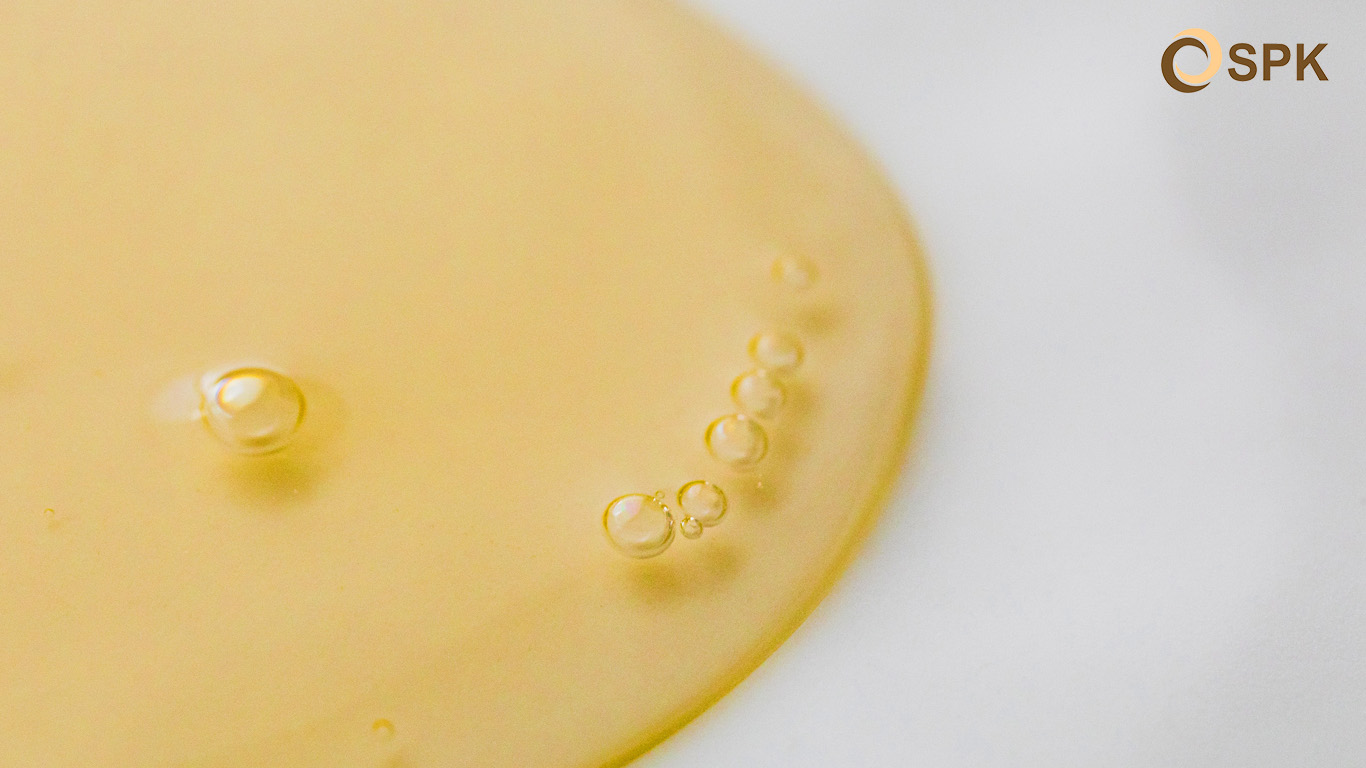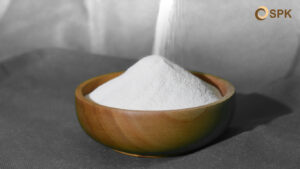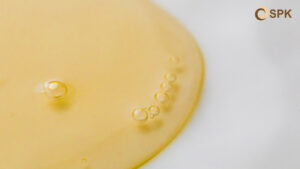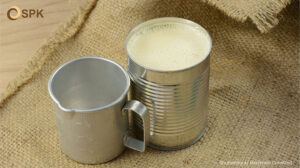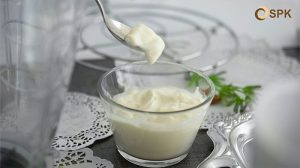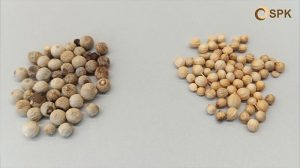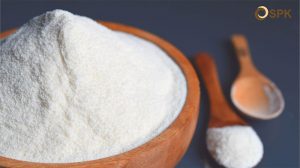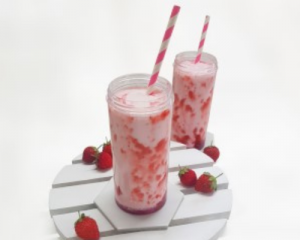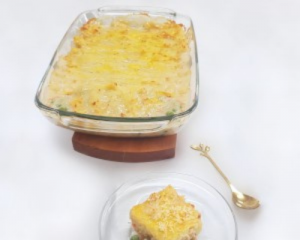Fat is an indispensable part of food. Ranging from heavy meals to snacks can contain fat. Fat in food is closely related to oil which is used as an ingredient in food manufacture.
Fat
Fats are generally divided into two, saturated fats and unsaturated fats.
Saturated fats are fats that are saturated with hydrogen atoms with single bonds in their fatty acid chains. Those hydrogen atoms easily react with more hydrogen. Fat in animals in general is saturated fat. Saturated fat is usually found in processed foods, such as deep fried foods and sausages. Excessive consumption of saturated fat can cause diseases related to the cardiovascular system and coronary heart.
Unsaturated fats are fats that have at least one double bond in their fatty acid chain. Unsaturated fats are found in plants and fruits and fish. In general, unsaturated fats are considered healthier than saturated fats. Unsaturated fats can reduce heart attacks, increase the body’s antibodies, and help lower LDL cholesterol.
Trans fat is a type of unsaturated fat that usually appears in food. Trans fats are formed from unsaturated fats that undergo a hydrogenation process. Trans fats are usually formed in processed foods although some are formed naturally. Trans fat can cause health problems such as increasing LDL cholesterol and reducing HDL cholesterol. Consumption of trans fats is strictly regulated and even banned in some countries.
Hydrogenation
Hydrogenation is the process of converting liquid fats into solid fats by adding hydrogen. The purpose of this process is to keep food fresh for a long time. In addition, the hydrogenation process can improve the texture and taste of food. The hydrogenation process is divided into two, partially hydrogenation and fully hydrogenation.
Partially hydrogenated oil is a process for changing oil (fat) from a liquid state to a solid state at room temperature. To convert the oil to a solid state, the oil is heated under high pressure together with hydrogen and a catalyst. The hydrogenation process removes the double bonds and converts unsaturated fats into saturated fats. This process solidifies the oil, increases its melting point, and increases its resistance to oxidation. Trans fats are also formed during this process. Examples of partially hydrogenated oils, or PHOs, are margarine, frosting and coffee creamer.
Fully hydrogenated oil also uses a process that changes oil from a liquid state to a solid state. As the name implies, this oil is thoroughly hydrogenated, thereby reducing the amount of trans fat that forms in the final product. Physically, this fat is denser and does not melt easily even when stored at room temperature.
The danger of PHOs
Partially hydrogenated oils (PHOs) are popular in the food industry because they are cheaper to manufacture than animal and plant fats. Products using PHO also have a longer product life. In addition PHO is also versatile. It can be used to make margarine with a soft to hard texture and can be used to make cakes and biscuits from hollow to solid ones.
PHO was originally believed to be healthier than animal and plant fats which are high in saturated fatty acids (SFAs). Years later, studies have proven that industrially processed trans fatty acids (IP-TFAs) contained in PHO are harmful to health and contribute greatly to an increased risk of coronary heart disease.
Consumption of trans fats can cause an increase in “bad” LDL (low-density lipoprotein) cholesterol and reduce “good” HDL (high-density lipoprotein) cholesterol. Now countries such as Singapore, America and Canada prohibit the use of PHO in food while European Union member countries limit the content of IP-TFA in food.
WHO (World Health Organization) has stated that PHO is a prohibited ingredient in food and created a strategy called REPLACE (Review, Promote, Legislate, Assess, Create, Enforce) to eliminate IP-TFA in the global food industry. SPK (Santos Premium Creamer) is in line with the advice from WHO, not to use PHO in the creamer products it produces. SPK uses fully hydrogenated oil and non-hydrogenated oil in its creamer products which do not cause trans fat or IP-TFA. So, don’t hesitate to buy SPK creamer products!

